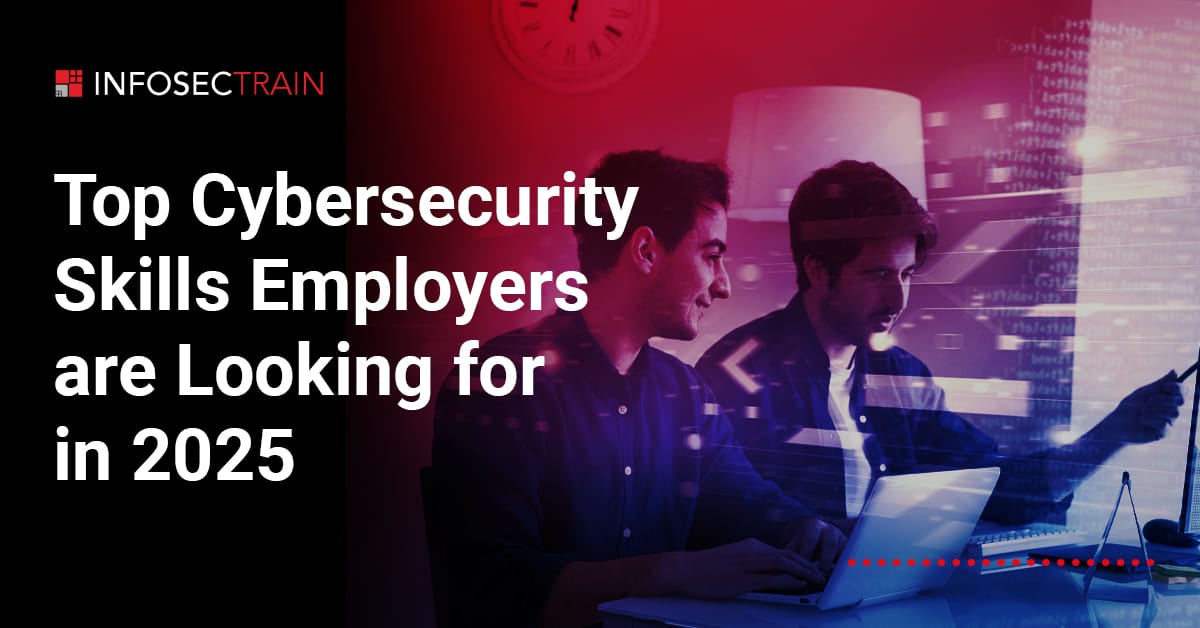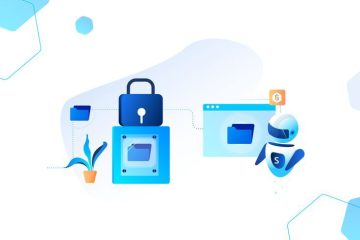The future of cybersecurity is evolving faster than ever, and by 2025, the game will be completely changed. But what exactly will employers be looking for in cybersecurity professionals as threats grow more sophisticated? Let’s dive into the must-have skills that will set you apart in 2025, and no, it’s not just about being a coding wizard or a firewall expert anymore.
Ready? Let’s break it down.
1. Cloud Security Mastery
The cloud is calling, are you ready to secure it?
In 2025, the cloud won’t just be an option; it will be the norm. As businesses rapidly shift their data and operations to platforms like AWS, Google Cloud, and Azure, they’ll need you to protect it. Think beyond basic firewalls. You’ll need to secure multi-cloud environments, guard against misconfigurations, and defend containers running on Kubernetes and Docker.
Ask yourself:
- Do I understand Cloud Security Posture Management (CSPM)?
- Am I comfortable with cloud compliance frameworks like SOC 2 and ISO/IEC 27001?
If the answer is “not yet,” it’s time to get comfortable. The cloud is the new battleground.
2. AI and Machine Learning for Security
The machines are learning, but can you outsmart them?
AI and machine learning are becoming both our greatest allies and our biggest threats. By 2025, attackers will harness AI to launch smarter, faster, and more adaptive attacks. That means you need to know how to use AI to defend.
Imagine a world where you don’t just wait for breaches but use machine learning to predict them. Want to be the defender of the future? You’ll need to master AI-driven tools that automatically spot anomalies and neutralize threats before they cause damage.
Think about this:
- Could you spot an adversarial AI attack or develop countermeasures for AI-powered malware?
- Have you explored how AI can be embedded in your threat detection and response systems?
It’s not sci-fi, this is happening now.
3. Zero Trust: Assume Nothing, Verify Everything
What if you trusted no one; not even your CEO?
That’s the future of cybersecurity. Zero Trust is all about continuous verification of identities, devices, and access levels. It’s not just a security model, it’s a mindset. By 2025, there won’t be a traditional perimeter to defend, so you’ll need to make every access point a fortress.
Here’s your checklist:
- Can I build a Zero Trust architecture?
- Do I understand how to implement granular access controls and micro-segmentation?
Being a pro at Zero Trust means you never assume safety, no matter where someone is coming from, inside or outside your network.
4. Incident Response & Cyber Resilience
When the worst happens, will you be ready?
Cyberattacks in 2025 aren’t “if” scenarios, they’re “when.” And employers want someone who knows what to do when it all hits the fan. Being cool under pressure during a breach will be essential.
It’s more than detection, it’s about response and recovery. Knowing how to bring systems back online and minimize downtime will make you invaluable. You’ll be the digital firefighter, when everyone else panics, you’ll be the calm one who brings order to chaos.
Ask yourself:
- Am I trained in Incident Response (IR) planning and execution?
- Can I lead tabletop exercises to simulate and prepare for attacks?
If you’re the one who can steer the ship in a crisis, you’ll be in high demand.
5. Threat Intelligence with a Sherlock Holmes Twist
Think like a hacker, act like a detective.
By 2025, being reactive won’t cut it. Cybersecurity professionals will need to think like cyber-detectives, piecing together threat intelligence from dark web sources, OSINT, and other platforms to stay ahead of cybercriminals.
It’s no longer just about spotting malware; it’s about knowing your enemy’s Tactics, Techniques, and Procedures (TTPs) before they even strike. You’ll be uncovering clues, analyzing patterns, and thinking like a hacker, before the hacker even launches their attack.
Here’s what to consider:
- Can I use advanced Security Information and Event Management (SIEM) tools to track and predict threats?
- Do I have the mindset of a threat hunter, proactively looking for vulnerabilities before they’re exploited?
If so, you’re ready to be the cybersecurity world’s next Sherlock Holmes.
6. Governance, Risk, and Compliance (GRC): The Rulebook Pros
Do you speak “regulations”? Because in 2025, you’ll need to.
With every new cyber law and regulation, companies will be scrambling to stay compliant. This means organizations need professionals who can navigate the complex web of data privacy laws like GDPR, CCPA, and emerging ones. If you can speak the language of GRC, you’ll be the bridge between the technical teams and the legal world.
Ask yourself:
- Can I manage compliance frameworks like ISO 27701 (for privacy) and SOC 2 (for data security)?
- Am I able to conduct risk assessments that align with both cybersecurity and business goals?
In a world where data privacy is becoming law, being GRC-savvy is the ultimate power play.
7. Professional Certifications: AZ, CISA, CCISO, CompTIA
Certifications matter, how many do you have?
In 2025, industry-recognized certifications will be crucial. Employers seek professionals with both hands-on skills and credible credentials.
- Azure (AZ): Essential for cloud security, governance, and compliance as cloud computing expands.
- CISA (Certified Information Systems Auditor): Globally recognized for auditing, controlling, and assuring information systems, vital as IT governance regulations tighten.
- CCISO (Certified Chief Information Security Officer): A respected credential for aspiring leaders, focusing on managing security programs and aligning them with business objectives.
- CompTIA Security+: A foundational CompTIA Security+ certification is ideal for entry-level roles, covering essential topics like network security and risk management, often a prerequisite for advanced certifications.
8. DevSecOps: Speed and Security Together
In 2025, development won’t slow down, and neither should security.
The fast-paced world of DevSecOps is all about automating security within the development pipeline. That means no more last-minute security patches after development is done. Security will be embedded into every phase of development, and if you’re the one who knows how to shift left (bringing security in early), you’ll be a key player.
Here’s what you need to master:
- Can I automate vulnerability scanning and code analysis during development?
- Do I know how to secure CI/CD pipelines with tools like Jenkins and SonarQube?
Mastering DevSecOps isn’t just about being fast, it’s about being smart.
Wrapping Up: Are You Future-Ready?
In 2025, cybersecurity professionals won’t just be technical wizards; they’ll be strategic thinkers, problem solvers, and adaptable innovators. The digital battlefield is constantly changing, and employers need professionals who can evolve with it.
Training in information security and cybersecurity is crucial for empowering organizations to protect sensitive data and mitigate risks. By staying informed about the latest threats and best practices, teams can effectively safeguard their assets. So, what’s your next move? Whether it’s diving deep into cloud security, mastering AI-driven tools, or preparing for quantum computing, the skills of tomorrow are waiting for you to take the lead. Are you ready for the challenge? To learn more about enhancing your security skills, visit us at InfosecTrain.


